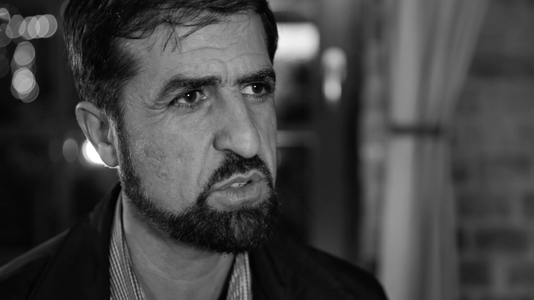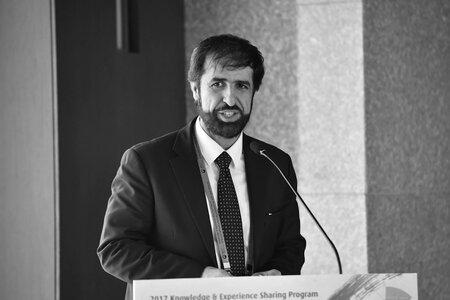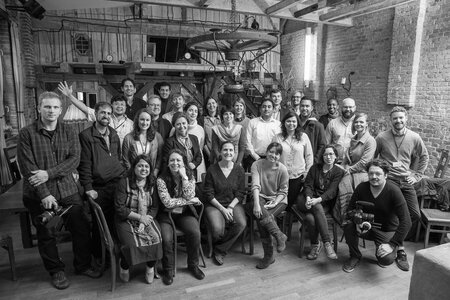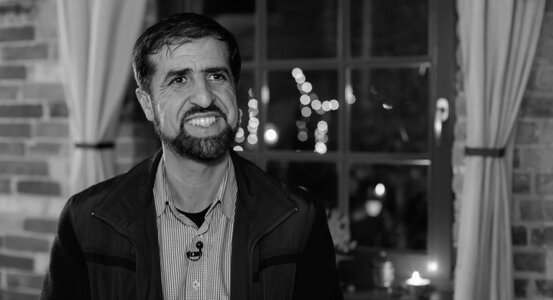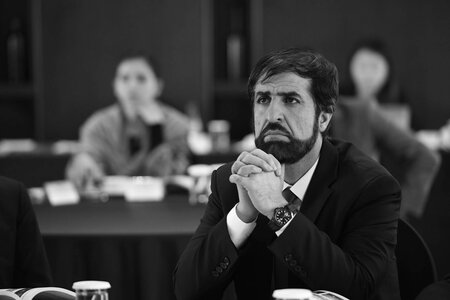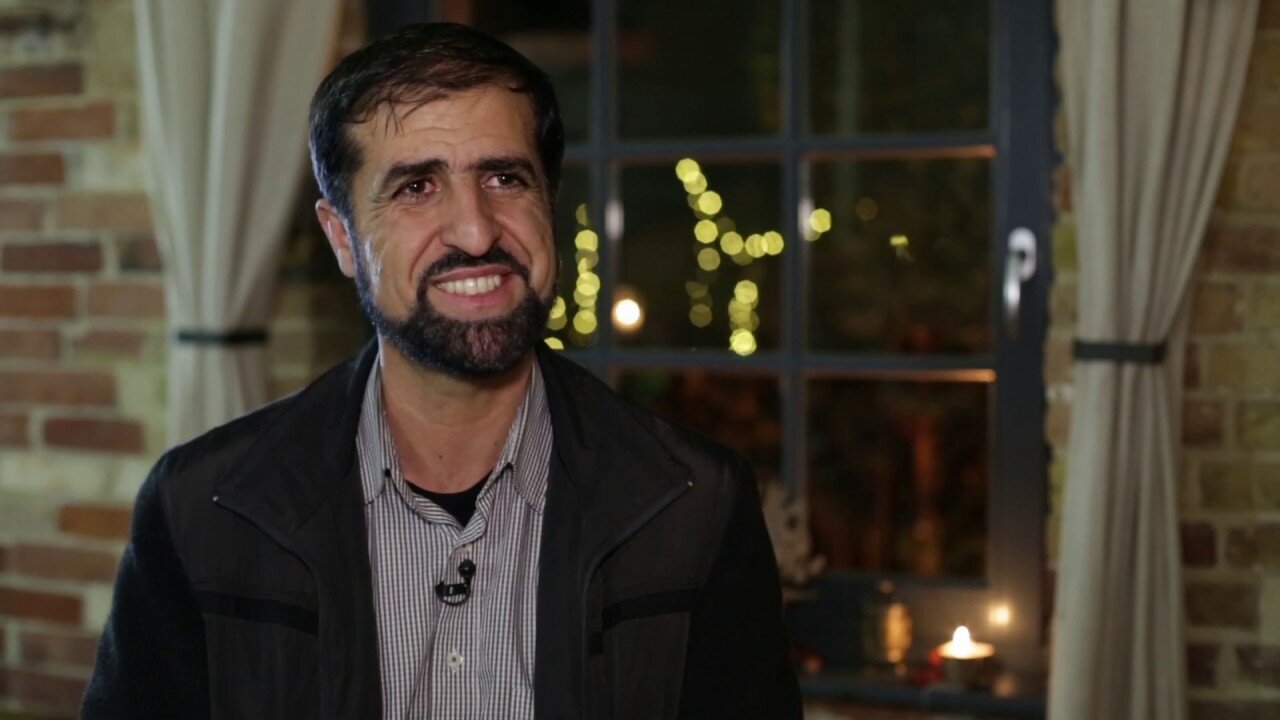Citizen participation: Shaping Afghan municipalities
Abdul Baqi Popal is the Deputy Minister of Municipalities and in charge of 165 municipalities across Afghanistan. He is introducing new methods to strengthen democracy on various administrative levels. Abdul participated in the Urban Innovation and Leadership Lab.
Building trust in the Afghan society is a truly demanding task: Decades of war, mismanagement and corruption undermined reliance in the public authorities. Many Afghans grew up without even knowing what it is like to live in a functioning municipality. Nevertheless, there are people like Abdul, who take action to work out solutions and establish stability.
In a video interview conducted towards the end of the lab, Abdul gives some background information about the situation in Afghan municipalities and reflects on the lab. About two years later, we talked with him again about his recent work and the impact of the lab.
Rising to the challenge
Before becoming Deputy Minister of Municipalities, Abdul obtained university degrees in Political Science and International Relations as well as in Land Management and worked for UN agencies for 18 years. Thus, he is well up to the task of encouraging participatory approaches and collaborative learning. By the time the Lab started, Abdul was looking for ways to enable municipalities to “provide the conducive environment for participatory approaches”. To him, citizen participation is more than an abstract idea: Abdul considers it a concrete means to foster trust and a sense of ownership towards civil services – which in turn may increase the citizens readiness to pay municipal taxes and thus benefit the communities’ financial situation.
Methodology as the key takeaway
With this challenge in the back of his mind, Abdul joined the mutual learning process in the Urban Innovations and Leadership Lab. Looking back, he says his expectations were met – especially on a methodological level: “The full participatory approach – identification and prioritization of the problem, exploring options for solutions as well as feeling engaged and the sense of belonging – was very impressive. After taking part in the Lab, I conveyed the objectives and methodology to the mayors and municipal officials as well as civil society to encourage them to actively take part in city development. This was well received by most mayors: They tried to share the new approach with local stakeholders and started applying open door policies and let people organize themselves and share their problems as well as recommendations with municipal officials.” However, the success depends on the ability to involve third party stakeholders, because “municipalities in Afghanistan do not have lots of authority over some of the city services”.
The Municipal Advisory Board
A new platform for active citizenship
To take this into account and to create a strategy to cope with fragmented communities, Abdul, the Deputy Ministry of Municipalities “developed a Terms of Reference for Municipal Advisory Board (MAB). These MABs have taken shape and are getting stronger every day. They provide a space for the public to identify and discuss problems, prioritize needs and share them with relevant departments and sections. This methodology makes people more engaged: The sense of ownership increases, people start feeling responsible to discuss problems and try to bring them to the mayor with recommendations for solutions as well.” The platform facilitates common engagement by various groups. A MAB might for example consist of “officials from the district or municipalities as well as representatives from civil society, the Women Affairs Department, disabled groups, the private sector, youth associations, religious scholars and small business communities.” Abdul is convinced that “this wide range of participation from various groups makes decisions more inclusive. Transparency increases, and accountability is ensured.”
And indeed, there is a lot of work to do for the MABs: For example, many Afghan cities are growing rapidly due to high rates of returnees and the influx of internally displaced people. “The MABs also discuss how to accommodate these people in their neighborhood as most of the returnees are not willing to return to their place of origin due to lack of services and security concerns.
In their monthly meetings, the platforms discuss the situation on the city level and allocate funding for those poor neighborhoods,” Abdul states.
Scaling things up
The new approach, focusing on participation and mutual understanding, led Abdul to redefine his style of leadership. For his own department, too, Abdul decided to rely more on fostering team spirit and establish open spaces, owing to his experience in the Lab. “I created an advisory platform on the national level in my office. I encouraged my colleagues to share the issues they think are the priorities. I facilitated the dialogue, but apart from that, I let them discuss, find solutions and come up with recommendations. Some of the solutions they found were incorporated in national and local programs. One of the programs is one of the most important national programs of the country: The Citizen Charter. I hope it proves useful at this stage.”
Hope for a better future for Afghan communities is a strong driver for Abdul, which also inspires others to join in on the new approach. The shared aspiration creates a strong bond. And it guides the joint action to overcome distrust and build inclusive, resilient communities.
“The Lab taught me to value the sense of belonging and ownership. And I came to regard creating a conducive environment for discussion an essential part of good leadership.”
Abdul Baqi Popal
Contributing to the Global Goals



